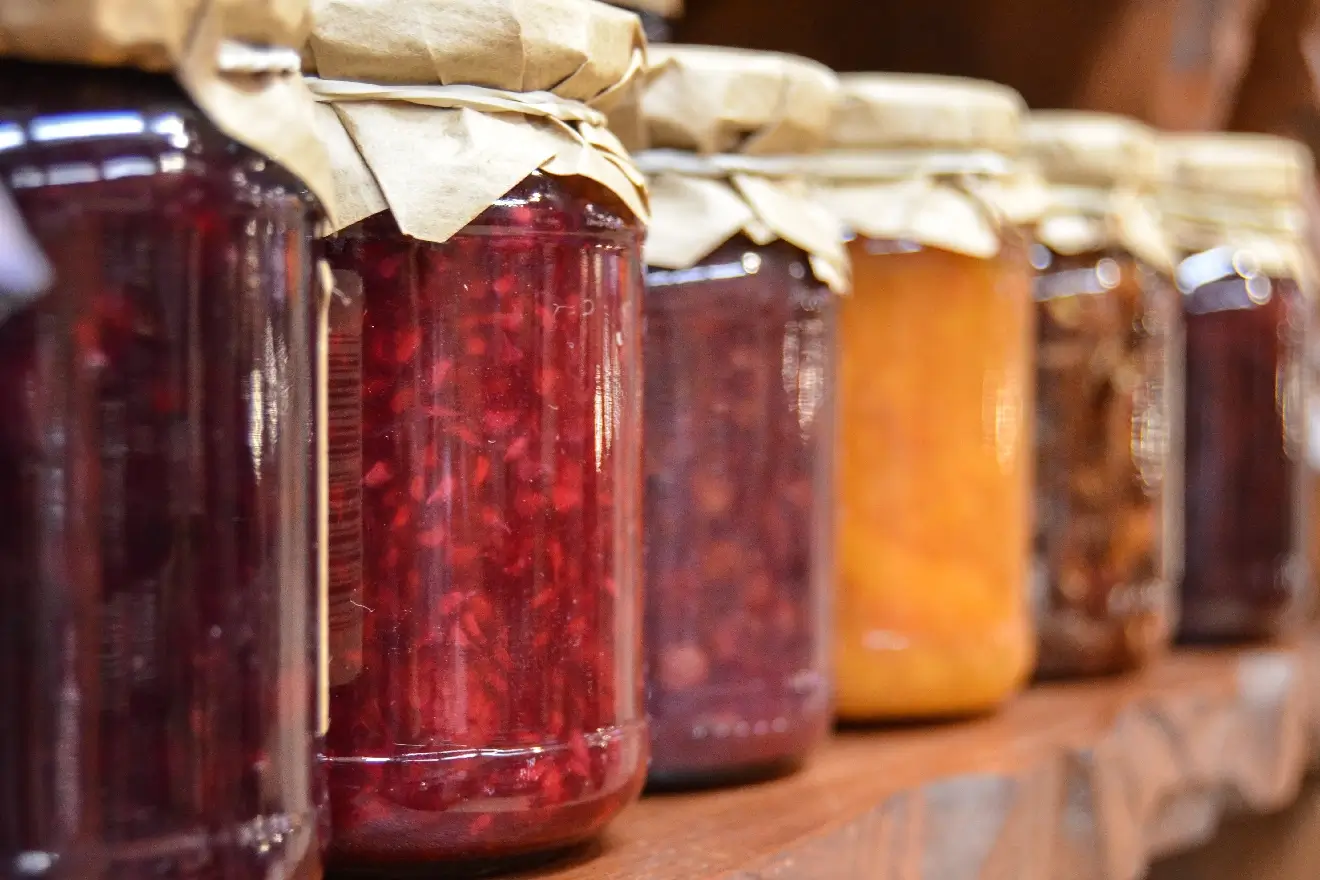In our unpredictable world, being prepared for unforeseen emergencies is not just a choice; it’s a necessity. A well-stocked prepper pantry will cover any event, whether facing a natural disaster, a prolonged power outage, or even a global crisis; having your prepper pantry filled with essential, non-perishable items can make all the difference. This guide will help you cover the basics of making your pantry.
Build Your Own Prepper Pantry
Rice and Grains
Rice and grains are an essential part of building a solid pantry. Not only are they incredibly versatile, but they also have a long shelf life. Stock up on white rice, brown rice, quinoa, barley, and oats. These grains can serve as the foundation for various meals.
Canned Proteins
Proteins are crucial for maintaining strength and muscle function, especially in high-stress situations. Canned meats like tuna, salmon, chicken, and beans are excellent protein sources and can be stored for an extended period. A word of advice: look for long expiration dates and go for variety packs. The variety keeps the food from growing old in your mouth and mind.
Beans and Legumes
Dried beans and legumes pack a punch of protein and fiber. Various beans like black beans, kidney beans, lentils, and chickpeas are rich in essential nutrients.
Pasta and Noodles
Pasta and noodles are staples that have a long shelf life. They cook quickly and can be paired with sauces, canned vegetables, or proteins for a more satisfying meal.
Canned Fruits and Vegetables
While fresh fruits and vegetables are essential, having canned alternatives in your survival pantry is smart. Canned fruits like peaches, pears, and pineapple, as well as vegetables like corn, green beans, and tomatoes, retain their nutritional value.
Dried Fruits and Nuts
Dried fruits and nuts are delicious and packed with essential nutrients. They’re an excellent source of healthy fats, protein, and fiber. Various dried fruits like apricots, raisins, and cranberries, along with nuts such as almonds, walnuts, and peanuts, are energy-dense, lightweight, and portable.
Canned Soups and Broths
Canned soups and broths provide a quick and easy way to prepare warm meals. They can also serve as a base for other recipes, adding flavor and depth to your dishes.
Powdered Milk and Dairy Alternatives
While fresh milk might not be viable for long-term storage, powdered milk and dairy alternatives like powdered almonds can be excellent substitutes.
Cooking Oils
Cooking oils are essential for preparing a variety of meals. Stock up on oils with a high smoke point, such as olive oil, canola oil, or coconut oil. You can also collect grease from Bacon and even beef like a steak and reuse it. You can store it for up to 3 months in a fridge and indefinitely in a freezer. So, if you have backup plans or want to reuse what you just ate, that option is there.
Adding Flavor
What do honey, maple syrup, or sugar all have in common? They are sweeteners, salt, pepper, ketchup, mustard, and hot sauce that can enhance the flavor of your meals and make a bland, just surviving meal into a more enjoyable and morale-boosting one.
Building out your proper prepper pantry is a proactive step toward ensuring you and your loved ones are prepared for any challenges ahead. You’ll secure your nutritional needs by having a range of non-perishable foods in your stockpile. Remember to proactively rotate your stock to ensure any items with shorter shelf lives are consumed and replaced and always be mindful of expiration dates. Knowing you are stocked up with a well-prepared pantry is a vital element of being able to withstand any storm.








